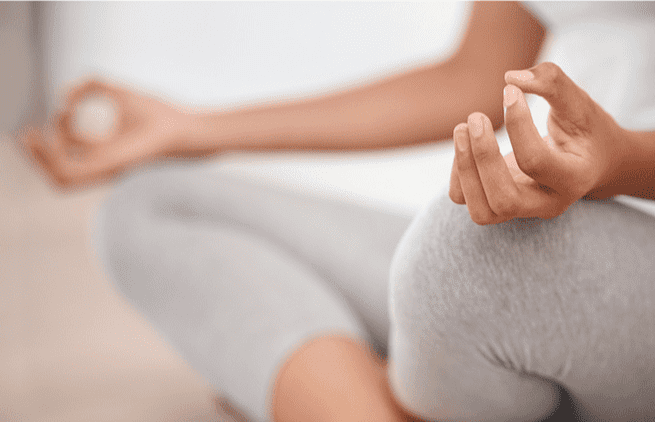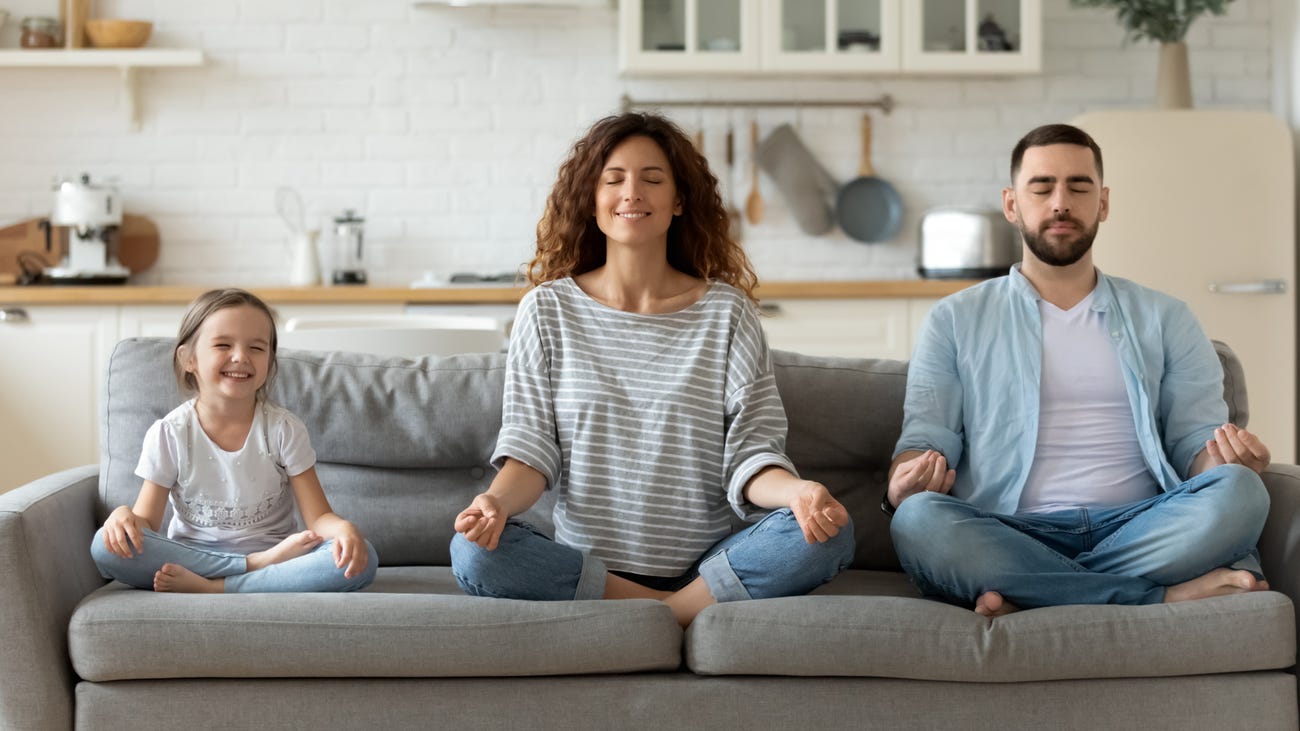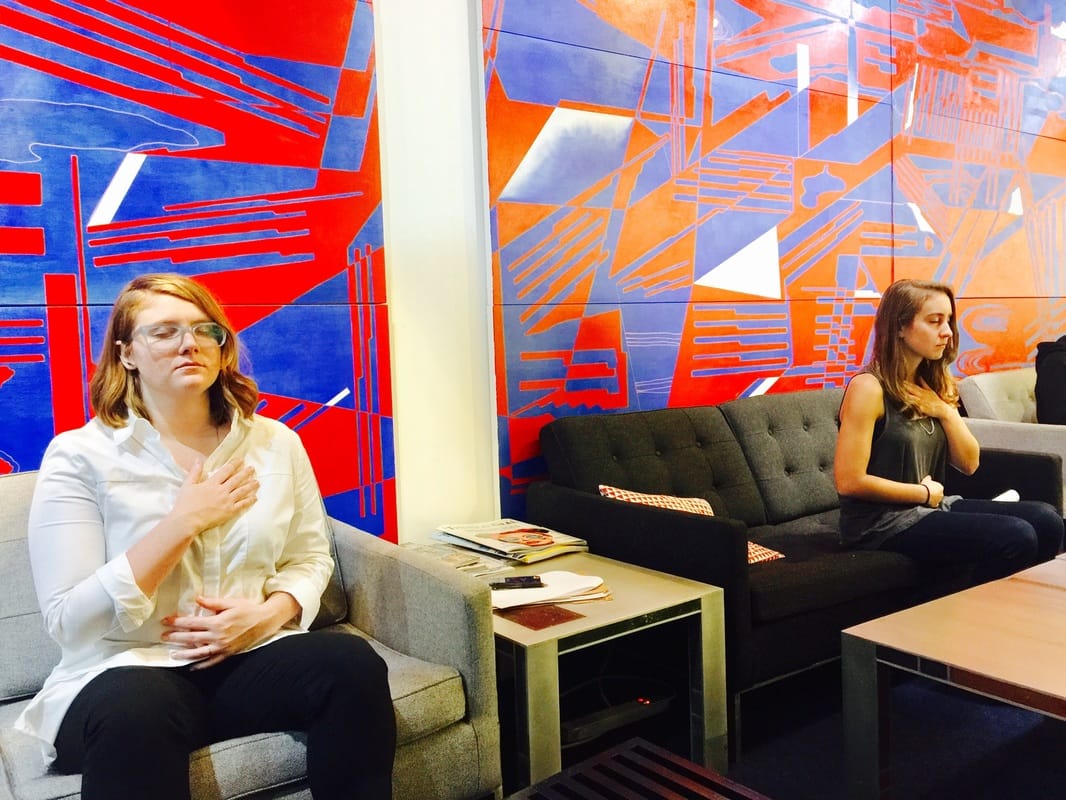Improving workplace productivity requires a holistic approach to employee health and well-being6/14/2024 This article is part of:Centre for Health and Healthcare
0 Comments
In the wake of Mental Health Awareness Week last month, now is a brilliant opportunity to take stock of impactful employee wellbeing initiatives. Many people feel their employers are guilty of ‘wellness washing’, the practice of paying lip service to wellbeing. However, the benefits of impactful wellbeing initiatives are clear – 89 percent of employees who have wellness programmes at work report being more engaged and happy within their roles. Taking a subjective approach by catering to employees’ needs can be transformational for employee satisfaction and, in turn, boost retention.
The implementation of wellbeing initiatives needs to run through the culture of an organisation and employers should ensure that wellbeing is at the heart of decision-making, instead of being a top-down strategy. Adopting carefully considered and communicated initiatives can add more value for employees than simply adding in amenities such as a bike rack or a breakout room and stopping there. Transparent internal communication and feedback are vital to allow organisations both to listen and adapt to individual employee needs. Employee wellbeing should also start from day one to foster job loyalty and security. For instance, allowing flexible working requests from the beginning of employment and removing probation periods instils a crucial level of trust and care between employer and employee. In brief
Many of the most common programs meant to support employee mental wellbeing are failing to move the needle, according to a recent study by William J. Fleming, a research fellow at Oxford’s Wellbeing Research Centre. Fleming’s survey asked 46,336 workers across 233 UK workplaces about 90 different kinds of programs aimed at promoting wellbeing, including mindfulness classes, free massages, time management training, mental health coaching, and apps that support better sleep and lifestyle change. Analyzing employees’ participation alongside their self-reported mental health, psychological distress, and perception of work environment factors like collaboration and belonging, he found almost no correlation—the only programs that seemed to improve mental wellbeing were employee volunteering initiatives.
Allison Gabriel, a professor of management at Purdue University and faculty director at the Purdue Center for Working Well, argues that the central question in promoting wellbeing—both physical and mental—isn’t about the perks available. Instead, she says, it’s the extent to which workplaces allow workers to make their own choices about how to invest in their physical, emotional, and mental health. We spoke with Gabriel about the best way to do that. Here is an excerpt of our conversation, edited for length and clarity: In today’s fast-paced work environments, the quest for inner peace can feel like an elusive dream. In 2021, 62 per cent of health-care workers reported having burnout, while 70 per cent reported depressive symptoms and 29 per cent suffered from post-traumatic symptoms.
Outside of health care, a staggering 80 per cent of American workers say they experience stress at work. Findings indicate stress plays a role in approximately 60 per cent of instances of absenteeism among employees. The detrimental effects of poor well-being are evident. When employees are unwell, their job performance decreases, they report higher turnover rates and they’re more at risk of burnout. To combat declining employee mental health, many organizations have turned to mindfulness training to reduce stress. This ancient practice holds promise to reshape the way we live and work. Full article Research from the American Heart Association shows that routine stress, including job strain and long working hours, may contribute to serious health problems, including elevated risk for heart disease and stroke and experiencing depression for the first time.
Working on fast-paced, demanding projects and constantly being connected to technologies can make the workplace exciting — and very challenging. While being challenged at work can help strengthen resilience as a skill, it can also come with a cost. Approximately two in three employees report that work is a significant source of stress. And stress can lead to depression and anxiety. By taking steps to build a more resilient workforce, you can help your employees better manage their high-demanding jobs, stay balanced when faced with strong emotions and support each other in difficult times. Implicit bias is an unconscious assumption or stereotype that influences our perception of others. Even though you don't realize it, this can lead you to favor or disfavor a certain person, or group of people.
Everyone — even those who feel committed to fairness — has implicit biases, and because these implicit associations are so pervasive, they are difficult to overcome. It's common to hold implicit biases based on:
In fact, there is a growing amount of research on the correlation between practicing meditation and undermining implicit bias. Some research has found that meditation may help people become more aware of their own harmful prejudices, and learn how to act with less judgment and more compassion. Source: https://www.insider.com/meditation-reduce-implicit-bias Mental health is a threat to individual well-being and an economic burden eroding workforce productivity, morale, and overall culture.
A joint study by the World Economic Forum and the Harvard School of Public Health forecasts a staggering $6 trillion global expenditure on mental health conditions and their related consequences by 2030, compared to $2.5 trillion in 2010. Within this context, depression alone extracts $210 billion annually from the American economy, with employers bearing half of this financial burden. Mental well-being is an increasingly important concern for U.S. workers—which means it's increasingly important for U.S. employers as well. Initiatives promoting mental health are being integrated more and more into workplace policies, with strategies like expanded access to counseling and stress-reduction workshops, as flexible arrangements are becoming more commonplace to support work-life balance.
According to a survey of 2,515 employed adults released last year by the American Psychological Association, 92 percent of respondents said it is either very or somewhat important for a company to value their emotional and psychological well-being. But more than half of workers surveyed —55 percent—felt their employer thinks their workplace is "a lot mentally healthier" than it really is. To spotlight the organizations prioritizing the mental well-being of their employees, Newsweek has partnered with data researcher Plant-A for the inaugural ranking of America's Greatest Workplaces for Mental Well-Being, which lists the top 750 U.S. employers making a positive difference in the mental wellness of their workers. Meditative Movement with Embodied Workplace
|



 RSS Feed
RSS Feed